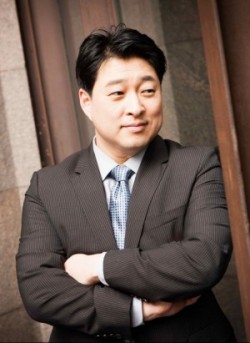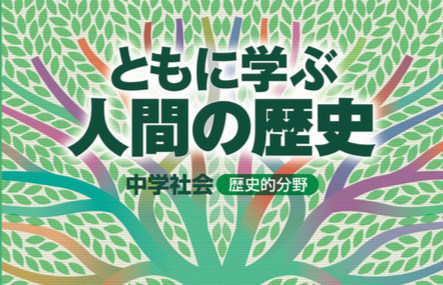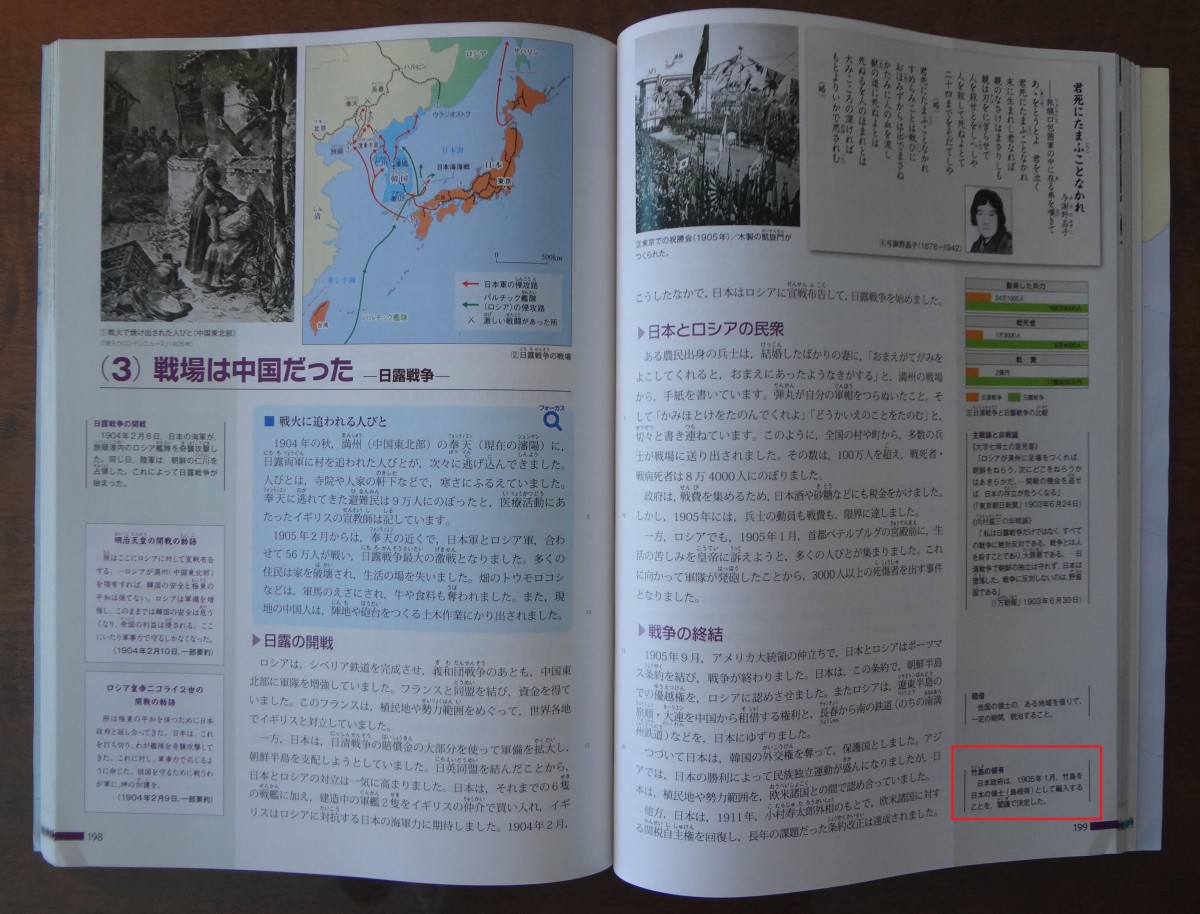Memo #379
By:Hyung Gu Lynn – hlynn [at] mail.ubc.ca

Despite the regular protests by South Korean and Chinese governments there remains confusion about Japanese history textbooks in terms of their production, approval, adoption, reception, and contents.
Separate teams work to produce texts for private publishers, and these are approved or declined by the Ministry of Education, a process that involves numerous revision for all textbooks. The Neighboring Countries Clause (1982), which requires that texts “show understanding and seek international harmony in their treatment of modern and contemporary historical events involving neighboring Asian countries,” is in theory a part of this screening process. There are also regular domestic criticisms of this government textbook approval system for lack of transparency and enforcement of official government positions.
Then, individual schools (for high schools and private schools) and prefectural and city education boards (for middle and elementary schools) determine which texts to adopt. Local disputes regarding the adoption of specific (often, the neo-nationalistic revisionist) textbooks occur. Teachers in the classrooms choose which passages to emphasize, and students may decide to sleep or study during social studies.
Moreover, there is a significant spectrum among the texts. For example, of the eight middle-school history textbooks, two conservative revisionist junior high school textbooks were approved in 2015 for use in the 2016 academic year; so was The History of Humanity, a work that explicitly seeks to depict under-represented voices and to counter ungrounded revisionism. Written by a collective of teachers who invested personal savings and pensions to finance its production, the text navigates government requirements while hewing to a progressive stance. For example, it states: “In January 1905, the Japanese government through a Cabinet decree included Takeshima as a part of Shimane prefecture,” an observation of a historical fact. There are no follow-up assertions that South Korea “illegally occupies the islands today” (as is the case in some of the other texts). The two pages (198-199) where the above sentence is located (in a bottom-right hand sidebar) describe Japanese imperialist expansion. A close reading indicates that it would be inaccurate to claim that this was yet another example of a middle-school textbook supporting the Japanese government claims over Dokdo.
The overall trend is for Japanese history textbooks to ignore the Neighouring Countries Clause and reflect official government positions on a range of controversial issues. But meaningful analyses of specific textbooks require contextualized readings, not sweeping generalizations.
About the Author:
Hyung-Gu Lynn is the AECL/KEPCO Chair in Korean Research at the Institute of Asian Research and the Department of Asian Studies, University of British Columbia, where he also serves as Editor of the journal Pacific Affairs as well as the Asia Pacific Memo.

Front cover of the middle-school history textbook The History of Humanity (Credit: Manabisha/学び舎).

Pages 198-199 from The History of Humanity. The bottom-right hand sidebar (highlighted in red) states: “In January 1905, the Japanese government through a Cabinet decree included Takeshima as a part of Shimane prefecture” and the page contents focus on Japanese imperialist expansion. (Credit: Hyung-Gu Lynn).
Links
- Association for Studying History with Children, The History of Humanity (Tokyo: Manabisha, 2015). (Japanese). 子どもと学ぶ歴史教科書の会『ともに学ぶ人間の歴史』東京: 学び舎, 2015.
- Falk Pingel, The UNESCO Guidebook on Textbook Research and Textbook Revision, 2nd edition (Paris: UNESCO and George Eckert Institute for International Textbook Research, 2010).
- Suzuki Toshio, “New Stage in Textbook Controls: Expanding Obstacles to Selection and Intensification of Approval Standards,” Education, 833 (2015-16): 43-50. (Japanese). 鈴木敏夫「教科書統制の新段階: 広がる採択妨害と強まる検定基準」『教育』833 (2015-16): 43-50.
- “No ‘Tsukuru-kai’ textbooks selected in Kyoto City Junior High Schools from 2016,” Kyoto Shimbun, 2015.07.31. (Japanese).「「つくる会」系教科書採択なし 京都市立中学、来年度から」『京都新聞』2015.07.31.
- “Government Positions Coloring History Textbooks: 60% increase in claims over territory” Tokyo Shimbun, 2016.03.18. (Japanese).「教科書に国の見解 色濃く 領土記述6割増 集団的自衛権に検定意見多数」『東京新聞』2016.03.18
- Kim Yŏng-Su, “Treatment of Dokdo in Junior High School: History Textbooks of Korea and Japan” Dokdo Research, 19 (2015): 319-334. (Korean). 김영수「한국과 일본 중학교 역사분야 교육과정과 역사 교과서의 독도 관련 내용 비교」『독도연구』19 (2015): 319-334.
- Alexandra Sakaki, “Japanese-South Korean Textbook Talks: The Necessity of Political Leadership,” Pacific Affairs, 85, no. 2 (2012): 263-285.
- Julian Dierkes, Postwar History Education in Japan and the Germanys: Guilty lessons (London: Routledge, 2010)
Related Memos:
See our other memos on Japan.